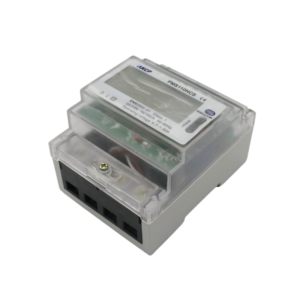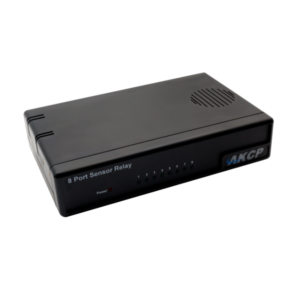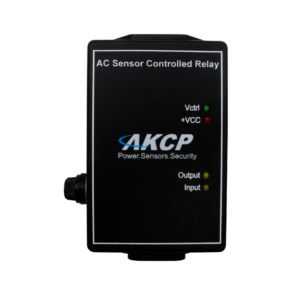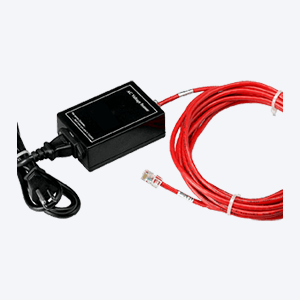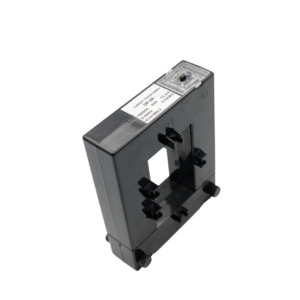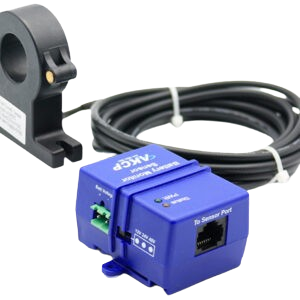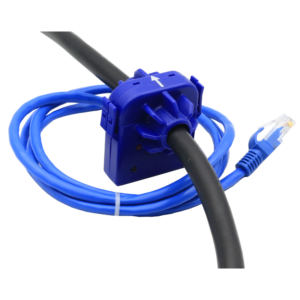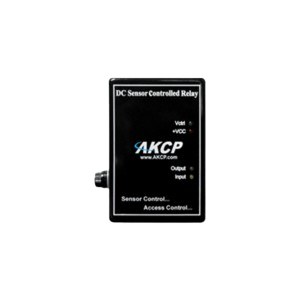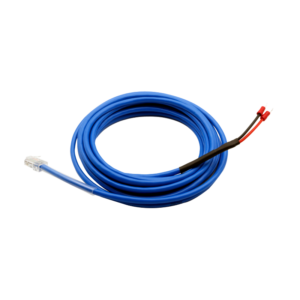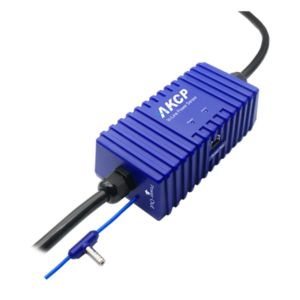Power Monitoring Sensors
Power Monitoring
The importance of Power Monitoring in Manufacturing, Educational, and Financial Institutions
In the realms of manufacturing, education, and finance, the efficient management of power is paramount. The adoption of Power Monitoring solutions isn’t just a choice; it’s a necessity. Let’s delve into why businesses in these sectors should prioritize facility Power Monitoring sensors to drive efficiency, reliability, and sustainability.
Manufacturing
Optimized Operations: Manufacturing operations often involve heavy machinery and equipment that demand precise power management. Power Monitoring sensors enable real-time tracking of energy consumption, helping businesses identify areas for optimization and cost reduction.
Preventing Downtime: Unplanned downtime due to electrical faults can have a cascading impact on production schedules and profitability. Power Monitoring provides early warnings about power anomalies, allowing manufacturers to take proactive measures and avoid costly disruptions.
Equipment Maintenance: Regular maintenance is essential to extend the lifespan of expensive machinery. Power Monitoring helps in scheduling maintenance based on actual usage patterns, preventing over-maintenance or unexpected breakdowns.
Educational Institutions
Cost Management: Educational institutions often face budget constraints. Power Monitoring allows them to track energy consumption across campus facilities, identify inefficiencies, and implement energy-saving measures to reduce operational costs.
Reliable Operations: Power disruptions can disrupt classroom activities and administrative functions. Power Monitoring sensors provide insights into electrical infrastructure health, allowing institutions to ensure uninterrupted operations.
Financial Institutions
Data Security: Financial institutions rely heavily on data security. Power Monitoring ensures a stable power supply to critical systems, preventing data corruption or loss during power outages or fluctuations.
Compliance: The finance sector is highly regulated. Power Monitoring helps institutions comply with regulatory requirements related to backup power systems and data protection, reducing the risk of penalties or reputational damage.
Cost Control: Financial institutions can have extensive office spaces with high power demands. Power Monitoring aids in optimizing lighting, HVAC, and other electrical systems, thereby reducing energy costs without compromising comfort.
In many different sectors, facility Power Monitoring sensors are not just tools; they are drivers of efficiency, reliability, and sustainability. They empower businesses to make informed decisions, reduce costs, prevent disruptions, and enhance their environmental stewardship. By embracing Power Monitoring, manufacturing, educational, and financial institutions can navigate the complex world of energy management with confidence and success.
When it comes to ensuring operational continuity and preventing financial losses, Power Monitoring Systems are indispensable for businesses today. Enviromon offers top-of-the-line power monitoring solutions specifically designed to monitor power availability, consumption (including voltage & current), and detect disruptions promptly. These sensors provide real-time alerts, allowing businesses to take immediate action and mitigate potential damages.
By alerting users to power fluctuations, surges, or outages, Enviromon’s Power Monitoring Systems enable proactive responses, minimizing downtime and preserving critical equipment. Enviromon’s sensors empower businesses to monitor power usage, identify inefficiencies, and optimize energy consumption. Investing in these sensors not only safeguards against potential financial losses but also enhances overall operational efficiency. Trust Enviromon for the best Power Monitoring Systems, ensuring your business stays powered and protected.
